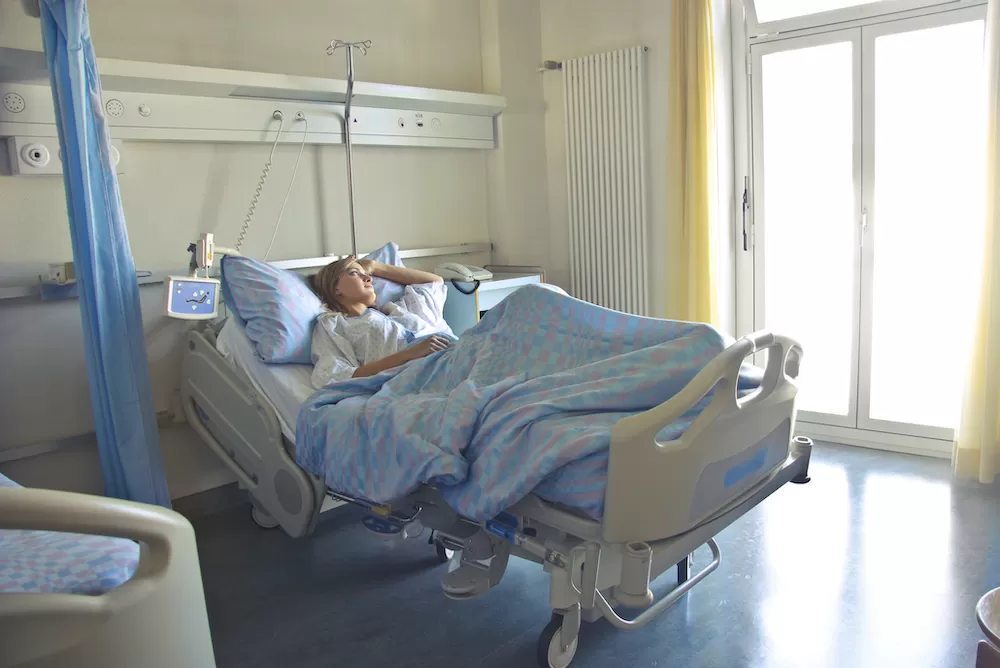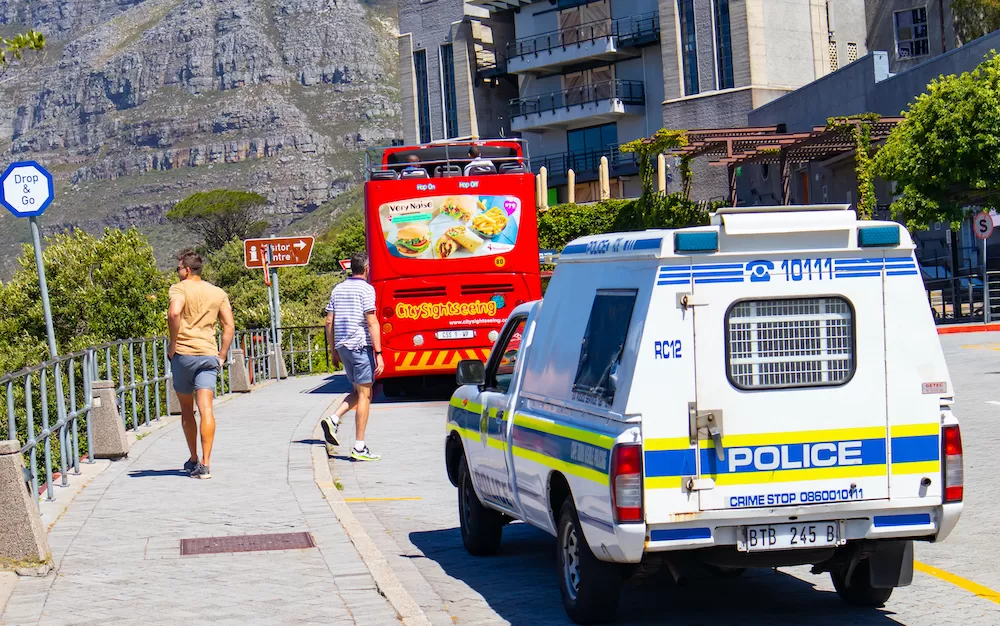Cape Town sounds like a great place for you to start a new life. It's a bustling city that is equal parts a sprawling metropolis and a treasure trove of natural wonders. If you consider yourself an adventurer, you couldn't have picked a better city for your relocation! But do remember that doing so takes a lot of hard work. There are many things you need to know and do to ensure that everything goes smoothly. Feeling a little nervous now? Don't worry! It's a lot simpler than you think! Here's what you need to know about moving to Cape Town.
Overview
Located on the southwestern coast of South Africa, Cape Town is one of the biggest cities in the “Rainbow Nation.” It has a current population of 4,801,000 residents and even serves as one of the three capital cities of the country. South Africa's parliament operates here, making Cape Town the legislative capital. As it is in the southern part of South Africa, the city experiences all four seasons. The coldest month here is July with an average low temperature of 48°F (8.889°C) while the hottest month is January with an average high temperature of 76°F (24.4°C).
Getting Around
Cape Town's public transport is pretty efficient. The city offers a variety of options for you to get around, including public buses, minibus taxis, standard taxis, and more. If you don't know what minibus taxis are, they are essentially big vehicles that can fit large numbers of passengers at a time but operate like taxis. MyCiTi Buses are also worth noting as they're often a favorite for locals since they're rapid private buses that mostly center around the more urban parts of Cape Town. And of course, there's always the option of booking a ride via a
transportation app.
Where to Live
The many
neighborhoods in Cape Town are far more different than you probably realize. It's not as typical as, say, one area is more expensive than the next. It's more like some places are urban while others are downright rural. City Bown, for instance, is more of the former while Conantita is practically part of the countryside. Moreover, seeing as the city is in the 'Rainbow Nation,' other neighborhoods are also defined by their dominant culture. Bo-Kaap is a good example as it is widely known as the Malay center of Cape Town.
Real Estate
The living costs in Cape Town might not be all high, but they're not exactly cheap either! Let's say you want to rent a one-bedroom
luxury home in Cape Town located near. the city center. How much would that cost you per month? Well, it'd be around a minimum of R8,500.00 to a maximum of R17,000.00. What if you want to actually buy property in the same area? Will that cost a lot? The answer is yes, it will. To be precise, the price for purchasing real estate near the city center of Cape Town ranges from R20,000.00 to R50,000.00 per square meter. Can you afford all that?
Employment
When starting a new life in Cape Town—or anywhere else, for that matter!—you also need to know about the job market there. After all, you need to work to survive, right? So how is the
job market in South Africa? Well, let's just say that it leaves a lot to be desired. Right now, the country's unemployment rate is 32.9%, among the highest in the world. The skills that are in demand here include advanced ICT, engineering, executive-level finance, risk management, and healthcare—all of which require certain educational attainments. But don't worry! At the very least, there are many ways to
find a job in South Africa. You can look online, register at a recruitment agency, and more!
Education
Now, what if you're a parent and you're relocating to Cape Town with your kids? Surely, their schooling would be part of your top priorities, right? Don't worry! There are a lot of notable international schools in Cape Town. From the
American International School of Cape Town to
Constantia Waldorf School, these fine institutions welcome students who are just like your kids. They provide high-quality education, lots of extracurricular activities, and safe spaces where your children can learn, play, grow, and develop properly. Rest assured that they'll be in safe hands in these international schools!
Healthcare
What about healthcare? This is another major concern for someone moving to Cape Town, right? Well, there's very little you have to worry about! For one thing,
South Africa's healthcare operates on a universal system, which means practically everyone gets access to it. If you want, you can also get private health insurance, which is highly recommended. This will allow you to get treated in some of the
top hospitals in Cape Town. They include the various
Mediclinic Hospitals, the
Tygerberg Hospital, and more. Once you gain access to any of these fine institutions, you'll be alright!
Safety
Safety, however, is something you'll have to be concerned about when you move to Cape Town. Why? Because Cape Town's crime rates aren't exactly low. The city's general crime rate, for example, is 84.32%. This is considered very high and a cause for concern for locals and tourists alike. Even more so since the rate of increasing crimes in Cape Town is 82.33%, also very high. Evidently, the city needs more work in keeping the streets crime-free. As for which crimes have the highest rates, they include corruption & bribery (84.06%), assault & armed robbery (80.45%), and vandalism & theft (76.87%).
Taxes
If you're moving to Cape Town from outside of the country, you need to learn about
South Africa's tax system. Of course, this is for you to be able to contribute your fair share properly. All citizens and residents are obliged to pay taxes, after all. And when it comes to your income tax, the rate you pay depends on how much you earn annually. Additionally, you also need to be aware of your home country has a tax treaty with South Africa too. You might be paying double the taxes and you didn't even know it.
Relocation Tips
Let's end this relocation guide with a few tips. Firstly, never forget to
open a local bank account here. Though there are plenty of online money-transferring programs that you can use, they can't guarantee the security that an actual bank account promises. This will also help you manage your finances better too! Secondly, get a SIM card from any of the top mobile networks in South Africa. Similarly to banking, although you can contact others online, it's still better to have a local SIM card. Especially for emergencies and when there's no wifi around!
Moving to Cape Town is hard, sure, but it's not impossible. Let this relocation guide show you the ropes, instruct you well, and help you understand that starting a new life in this city is a challenge worth taking!










